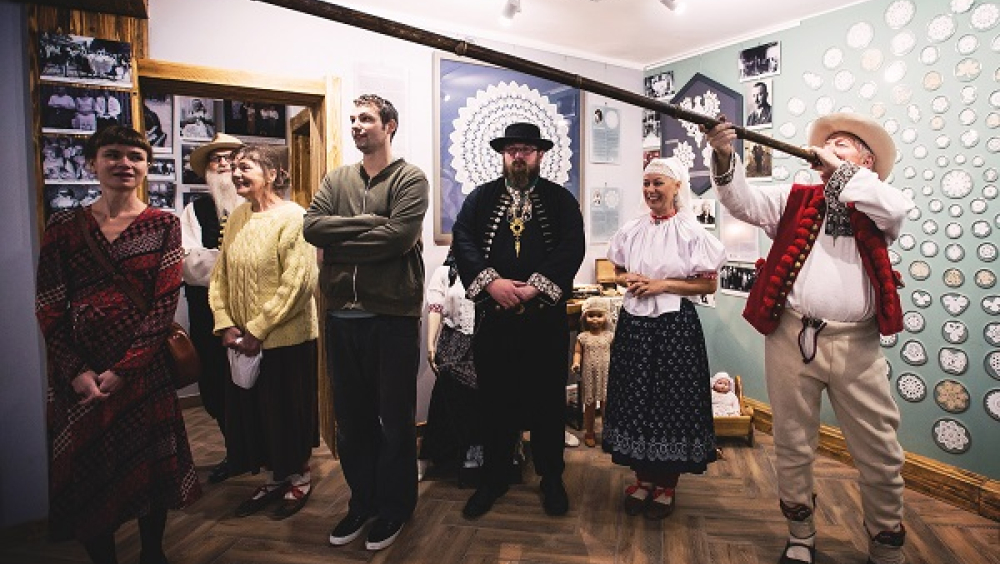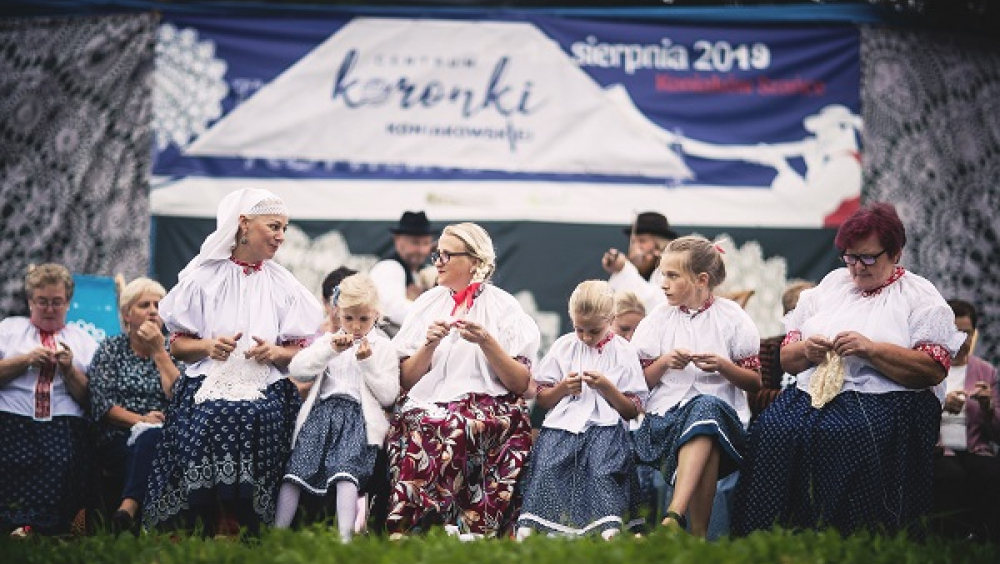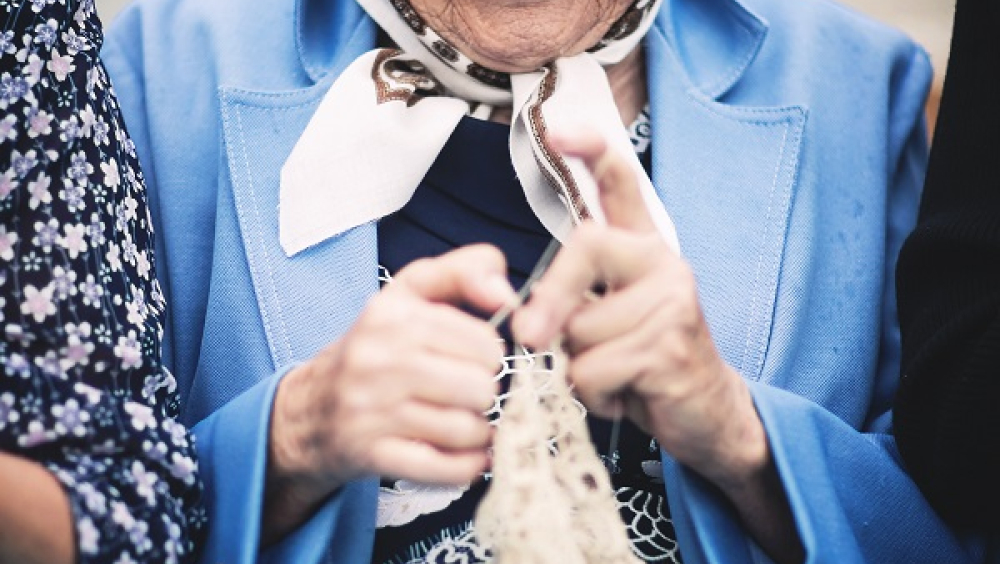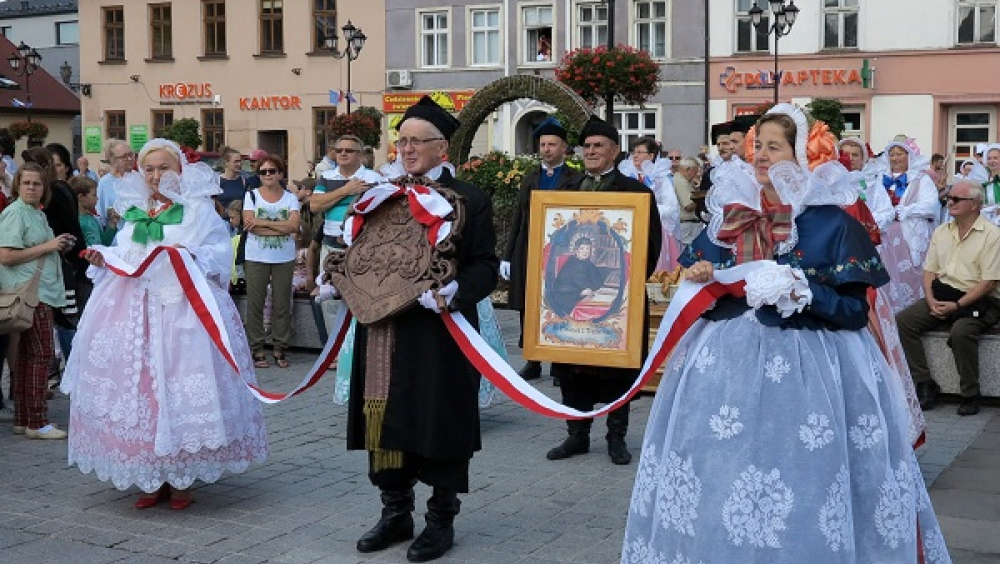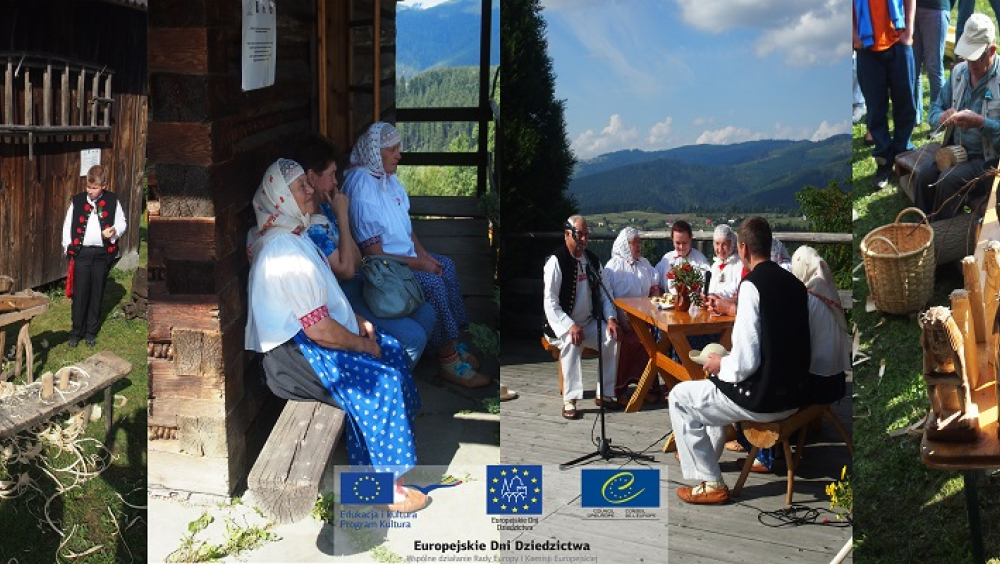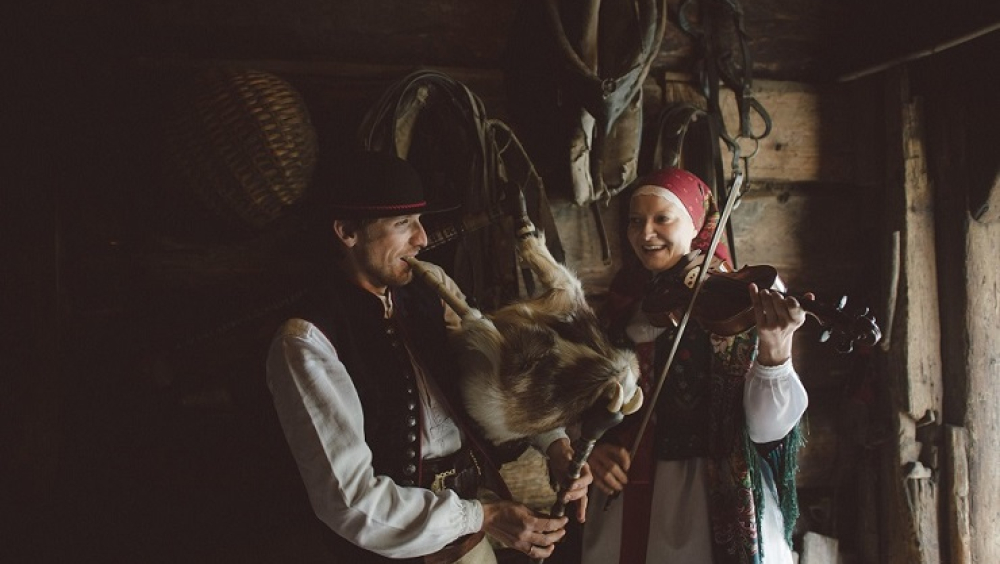Poland

European Heritage Days - Europejskie Dni Dziedzictwa
Theme for 2025: ‘‘Towards architecture. Young heritage’ – ‘W stronę architektury. Młode dziedzictwo’
Dates: 13-14 and 20-21 September 2025
The 33rd edition of the European Heritage Days (EHD) in Poland will be held under the slogan "Towards architecture. Young heritage". This year's edition of the event will create a unique space for the organizers to plan various initiatives that will promote both historical and contemporary architectural objects that deserve attention and protection. It will also be an opportunity to reflect on the role of architecture in shaping our cultural identity. "Towards architecture. Young heritage" is a direct reference to the 40th anniversary of the initiation of the idea of European Heritage Days. Originally, they functioned as "Open Days of Monuments".
This year's slogan encourages us to celebrate architectural heritage in its various dimensions, remembering that it is a carrier between the past and the future of our culture, history and identity. An additional opportunity to draw attention to architectural heritage is the 50th anniversary of the "Well-Kept Monument" – "Zabytek Zadbany" competition of the Minister of Culture and National Heritage, General Conservator of Monuments, in which the best practices and examples in the protection and conservation of heritage are distinguished and appreciated.
Kopernika Str. 36/40, 00-942 Warsaw
Phone +48 22 551 56 76
fax +48 22 551 56 94
e-mail: edd@nid.pl
